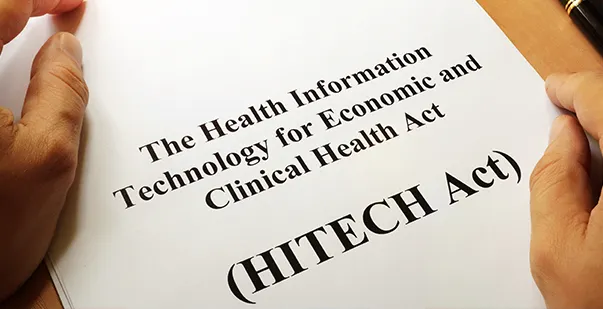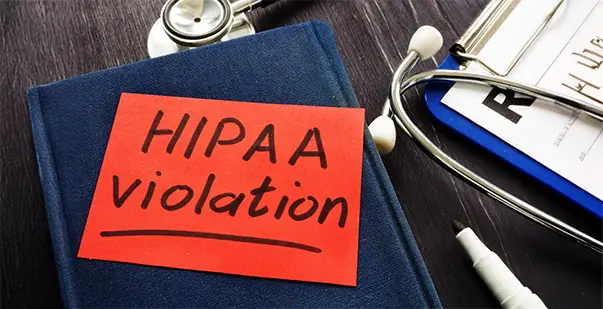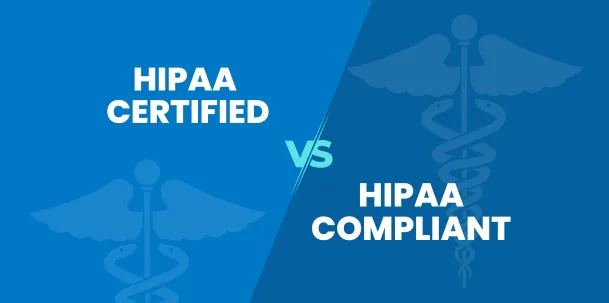You just learned your doctor shared your medical status with your employer. Your pharmacy posted your prescription details on social media. Your hospital left your medical records exposed in a public area. What happens when healthcare providers violate your privacy? Can I sue for HIPAA violation? The Office for Civil Rights (OCR) closed 22 HIPAA violation cases in 2024 with penalties. Total HIPAA settlements reached $5.86 million in the first half of 2024.
Here's what you need to know: a direct HIPAA violation lawsuit isn't possible under federal law. But you're not powerless. State laws offer protection. Government agencies enforce violations. Multiple legal strategies exist to defend your rights.
What Does HIPAA Actually Protect?
HIPAA guards your Protected Health Information (PHI). This includes medical records, billing information, and treatment details. Healthcare providers cannot share this information without your permission.
Your PHI stays private during doctor visits. Insurance companies need authorization to access records. Even family members require your consent for medical information.
What Are The Most Common HIPAA Violations?
Health data is personal. And the law protects it. That law is called HIPAA—the Health Insurance Portability and Accountability Act. But when medical staff or healthcare systems don’t follow it, your privacy is at risk.
Here are some of the most common ways HIPAA rules are broken:
Gossiping About Patients: When staff talk about a patient’s condition with others who aren’t involved in care, it's a breach.
Unsecured Emails: Sending personal health details without encryption puts patient data at risk.
Improper Disposal of Records: Throwing medical files in the trash instead of shredding them violates the law.
Social Media Misuse: Sharing patient photos or stories online—even without names—can still break HIPAA.
Lost or Stolen Devices: Laptops or phones with health data must be secured. If they’re not, and they go missing, it’s a serious violation.

Read More: Assisted Living Facilities and HIPAA: Avoiding Costly Mistakes
Can You Sue Directly for HIPAA Violations?
No, you can’t sue directly under HIPAA. The law doesn’t allow individuals to seek compensation through federal courts. But you may still have legal options through state privacy laws or related claims like medical malpractice.
Why You Can't Sue for HIPAA Violations
HIPAA does not let individuals sue for damages. Instead, the law gives the government the authority to enforce privacy rules. That means if a hospital or clinic mishandles your health information, you can’t take them to federal court under HIPAA.
The Office for Civil Rights (OCR), which is part of the U.S. Department of Health and Human Services, is the agency in charge of investigating HIPAA complaints. If they find a violation, they can fine the organization or require them to make major changes in how they handle data.
The Reason Behind This Legal Structure
HIPAA is more focused on setting industry-wide standards than on giving people money for privacy violations. It’s a law meant to keep the entire healthcare system accountable. That’s why the penalties paid by violators go to the government and not to the individuals affected.
This approach is meant to improve compliance across the system, not to compensate individual victims. While it may feel unfair, this is how the law was written.
What Happens to HIPAA Violators
When a violation is serious, the OCR can refer the case to the Department of Justice. Criminal investigations and large fines, up to $1.5 million per year, can follow.
Healthcare organizations may also face audits and be required to change how they manage patient information. These steps help protect future patients, but they won’t result in personal payouts to those whose data was mishandled.
What Alternative Legal Options Do You Have?
If your health information is exposed, you might feel powerless. While HIPAA doesn't let you sue directly, state laws and other legal paths can still help you hold someone accountable and seek compensation for the harm done.
State Privacy Laws That Protect You
Some states allow HIPAA violation lawsuit claims against covered entities for negligence or breach of implied contract. Each state creates different privacy protections for health information.
Patients can pursue a lawsuit for HIPAA violation under state laws when providers violate privacy rules. These laws often provide stronger remedies than federal regulations.
Negligence and Breach of Contract Claims
Healthcare providers owe you a duty of care. This includes protecting your private information. Failing this duty can constitute negligence.
You must prove that damage or harm resulted from the violation. Documentation of emotional distress or financial losses strengthens your case.
Successful State Court Cases
The Connecticut Supreme Court ruled that a HIPAA violation can support a claim for damages under state law. So, how much is a HIPAA violation lawsuit worth? In one notable case, Emily Byrne sued the Avery Center and was awarded $853,000.
This case set an important precedent, showing that while you can’t sue under HIPAA itself, state courts may allow claims based on privacy violations tied to HIPAA standards. Other states are now adopting similar approaches, making it possible to seek compensation through state-level legal action.
How to File Complaints?
When HIPAA violations occur, filing complaints starts the protection process. Knowing the proper steps ensures effective action.
Steps to File OCR Complaints
Visit the HHS website to access complaint forms. Include detailed information about the violation. Provide dates, locations, and involved parties.
Submit complaints within 180 days of discovering violations. OCR requires this timeframe for investigation. Late complaints may not receive full review.
State Attorney General Options
Many state attorneys general investigate healthcare privacy violations. They enforce state privacy laws independently. These parallel investigations can provide additional remedies.
Contact your state attorney general's healthcare division. They often have specialized HIPAA violation units. These offices understand local privacy laws better.
Documentation You'll Need
Gather all relevant medical records and communications. Save emails, letters, and phone call records. Document emotional distress and financial losses.
Take photographs of improperly secured information. Record conversations with healthcare staff when legally permitted. Comprehensive documentation strengthens your complaint.
What Steps Should You Take When Privacy Is Violated?
HIPAA violations require immediate action. Following proper steps protects your rights and strengthens potential legal claims.
Take Immediate Action
Document the violation immediately with detailed notes. Include dates, times, and people involved. Request copies of your medical records to review unauthorized disclosures.
Contact the healthcare provider's privacy officer directly. Many organizations resolve violations quickly when notified. This creates a paper trail for future legal action.
Preserve Evidence
Save all communications related to the violation. Don't delete emails or text messages. Take screenshots of social media posts involving your information.
Request incident reports from healthcare facilities. These documents often contain crucial evidence. Keep original documents in secure locations.
Seek Legal Counsel
Legal guidance is crucial when HIPAA rights are violated. Attorneys specializing in healthcare law understand complex privacy regulations. They can evaluate your state law options and potential HIPAA violation lawsuit strategies effectively.
Many attorneys offer free consultations for HIPAA cases. They assess your situation without upfront costs. This removes financial barriers to legal protection and helps answer "can I sue for HIPAA violation."
Pursue Your HIPAA Violation Lawsuit with Proper Strategies
Direct HIPAA violation lawsuit claims can't proceed under federal law, but you're not powerless. State privacy laws offer protection. Government enforcement agencies investigate violations. Multiple legal strategies exist to defend your rights. You can pursue legal action for harmful violations of medical privacy under state laws. Document violations immediately. File OCR complaints promptly. Consult experienced healthcare attorneys about your HIPAA violation lawsuit options.
Ready to master healthcare compliance and protect patient rights? Enroll in our comprehensive HIPAA certification course today. Learn the latest regulations, enforcement trends, and legal strategies that healthcare professionals need to know.
References:










